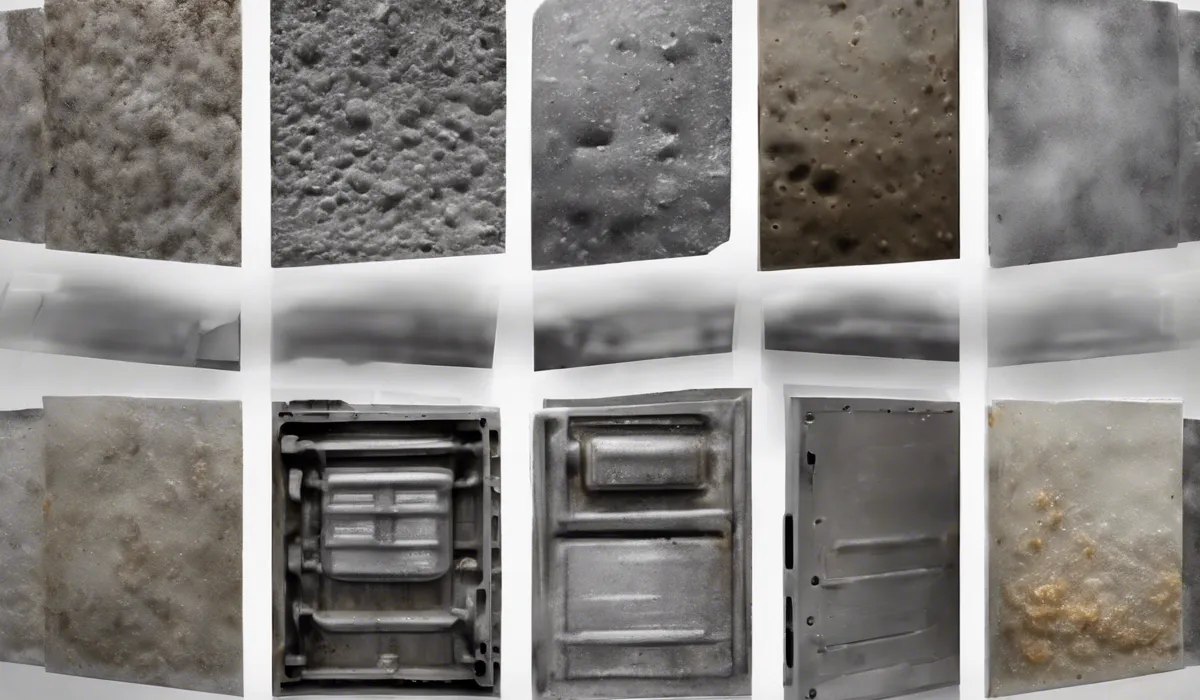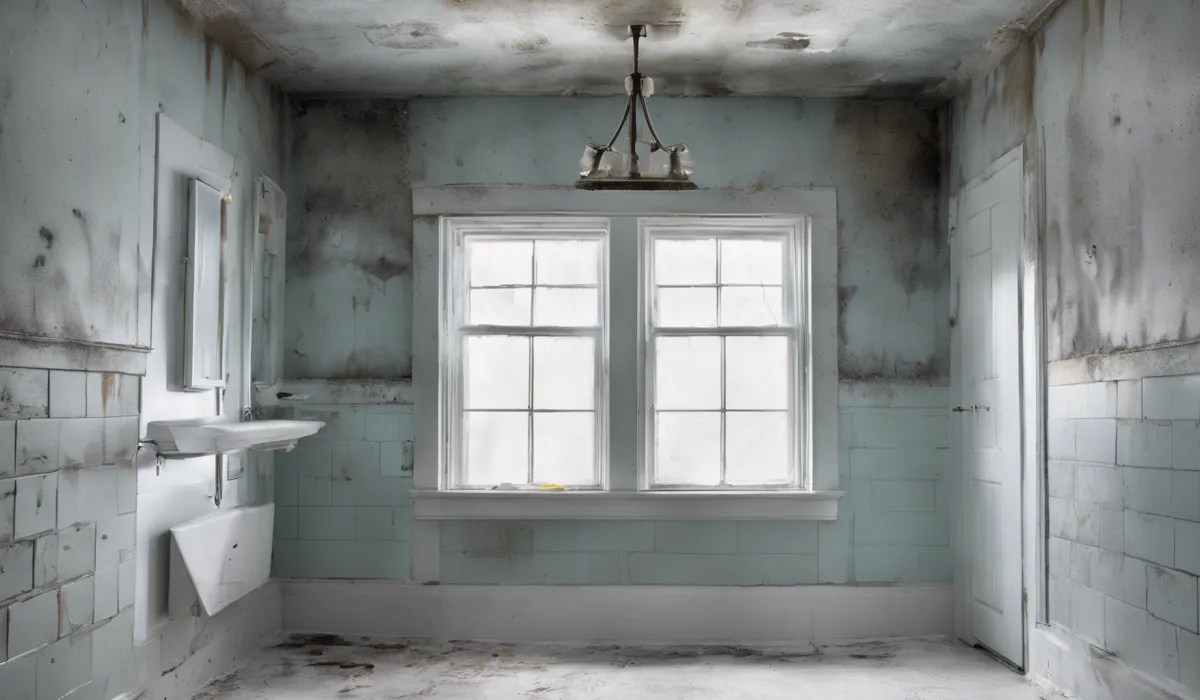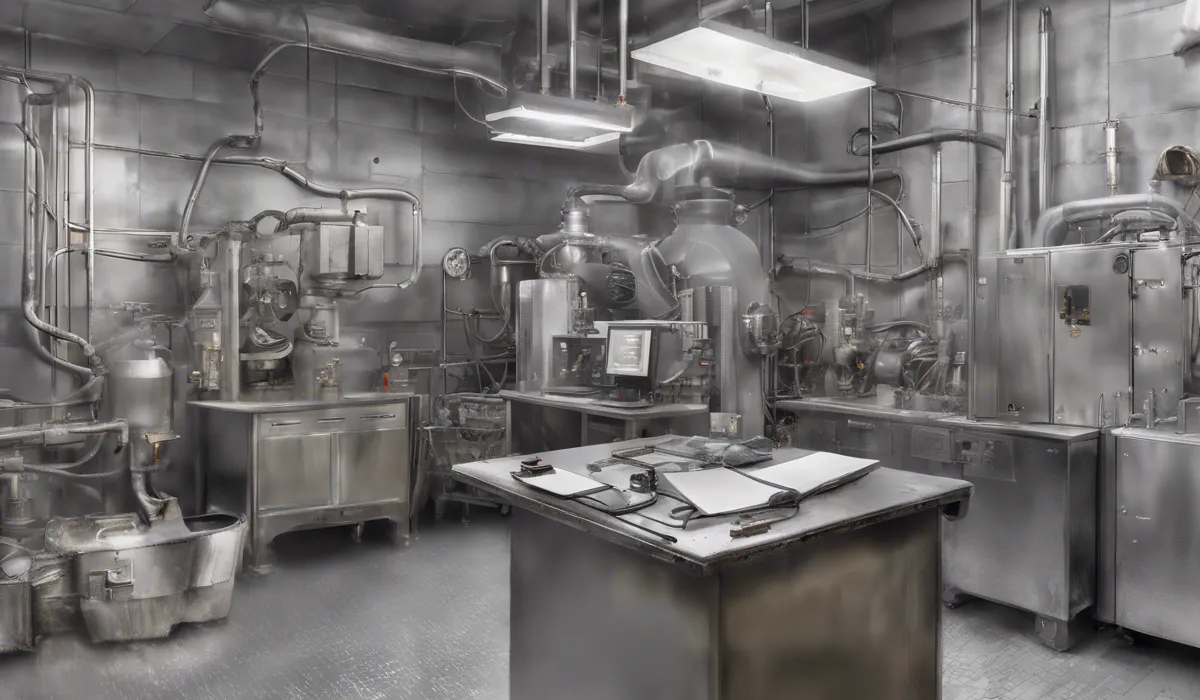You may need a mold inspection if you notice persistent musty odors, visible mold growth, recent water damage, or health symptoms like allergies that worsen indoors. In these cases, professional assessment can identify and address hidden mold issues.
Understanding Mold and Its Impacts

What Is Mold?
Mold is a type of fungus that can grow indoors and outdoors, thriving in damp, warm, and humid environments.
It reproduces through tiny spores that float through the air, landing on surfaces where they can grow.
Some common types of mold found in homes include Aspergillus, Cladosporium, Penicillium, and the infamous Stachybotrys chartarum, commonly known as black mold.
Health Risks of Mold Exposure
Exposure to mold can lead to a variety of health issues. These may range from allergic reactions such as sneezing, coughing, and itchy eyes, to more severe respiratory conditions like asthma.
Prolonged exposure can be particularly harmful, potentially causing chronic health problems.
Recognizing Signs of Mold
The presence of mold in your home can often be detected by sight or smell. Look for discolored patches on walls, ceilings, or floors, which may indicate mold growth.
A persistent musty odor is also a telltale sign that mold may be lurking in your property.
Property Damage Due to Mold
Mold can cause significant damage to your property, breaking down and weakening structures such as wood and drywall.
Over time, unchecked mold growth can lead to costly repairs and reduce the value of your property.
When to Consider a Mold Inspection?

Real Estate Transactions
Whether you are buying or selling a home, it is crucial to ensure the property is free of mold. A mold inspection can provide peace of mind and safeguard against future liabilities.
Post Water Damage
Following water damage or flooding, it’s essential to have a mold inspection. Water can create ideal conditions for mold growth, which can begin in as little as 24-48 hours after exposure to moisture.
Visible Growth and Odors
If you see mold or notice a persistent musty smell in your home, it’s time to call in the experts. These are clear indicators that mold is present and needs to be addressed.
Health Symptoms and Mold
If you or your family members experience health symptoms that worsen indoors, mold could be the culprit. A professional inspection can determine if mold is affecting your health.
Preventing Recurrence of Mold
For homes with a history of mold problems, regular inspections can prevent its return, ensuring a healthy living environment.
The Mold Inspection Process

Mold Inspection Explained
A professional mold inspection starts with a thorough examination of your property. Inspectors look for visible signs of mold, sources of moisture, and areas at risk of mold growth.
They may also collect air and surface samples to test for mold spores.
Tools Used in Mold Detection
Specialized tools such as moisture meters, infrared cameras, and air sampling devices are commonly used to detect mold.
These tools help inspectors find hidden mold and measure the extent of the problem.
Understanding Mold Inspection Results
After a mold inspection, you will receive a report detailing the findings. This may include laboratory analysis of samples, which can identify the types of mold present and the concentration of spores in the air.
Next Steps After Positive Findings
If mold is found, the next steps involve creating a remediation plan. This may include fixing moisture problems and professionally removing the mold to ensure it does not return.
Selecting a Mold Specialist
Choosing a qualified mold inspector or remediation specialist is crucial. Look for professionals with certifications, ample experience, and positive reviews from previous clients.
FAQs About Mold Inspection
When should I consider getting a mold inspection?
You should consider a mold inspection if you notice persistent musty odors, see visible mold growth, have had recent water damage, or experience worsening allergy symptoms indoors.
Can I perform a mold inspection myself, or should I hire a professional?
While you can initially assess for mold yourself, it is recommended to hire a professional for a thorough inspection, especially if you suspect hidden mold or have experienced recent water damage.
Are musty odors in my home a sign that I need a mold inspection?
Yes, persistent musty odors are a common sign of mold presence and may indicate the need for a professional mold inspection.
How does recent water damage relate to the need for a mold inspection?
Water damage can create ideal conditions for mold growth. If you’ve experienced recent water damage, it’s wise to have a mold inspection to prevent potential mold issues.
What health symptoms might suggest a mold problem in my home?
Health symptoms that might suggest a mold problem include allergies that worsen when indoors, respiratory issues, headaches, or unexplained skin irritations that improve when you are outside your home.
Final Thoughts
A mold inspection is advisable if you encounter persistent musty smells, visible mold, recent water incidents, or allergy symptoms that intensify indoors.
Such signs suggest the possibility of hidden mold, and a professional evaluation is crucial to identify and remedy these concealed issues effectively.
